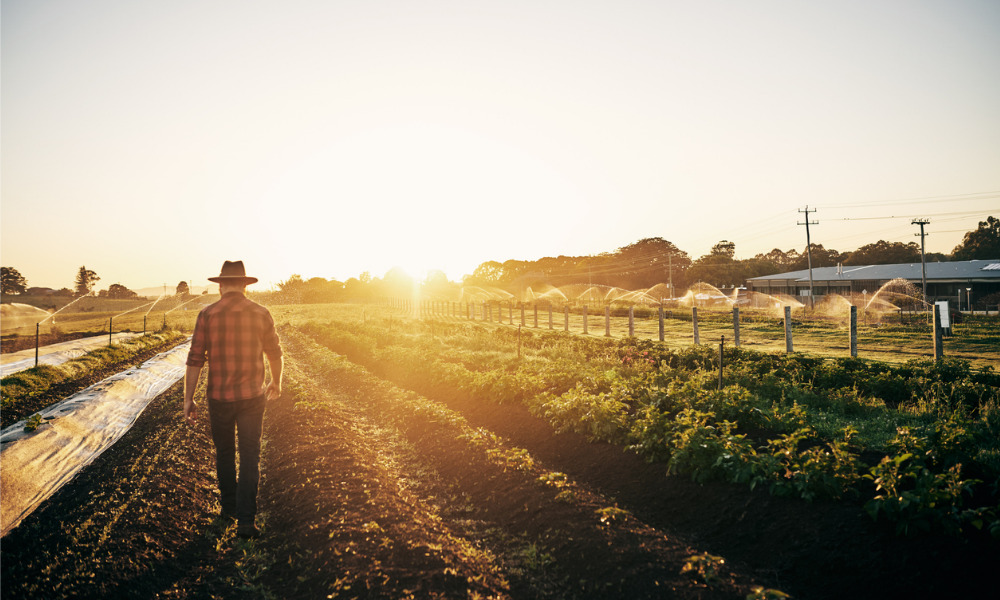This is the first time an SLL has been available as a loan product to all New Zealand farmers

Bank of New Zealand (BNZ) has rolled out New Zealand’s first agribusiness sustainability-linked loan product (SLL) available to all New Zealand farmers.
The SLL is a term loan that offers interest cost savings for achieving environmental and social targets, including greenhouse gas reductions, ecosystem protection, improved care for staff, protecting waterways, improving biodiversity, and animal welfare.
This is the first time an SLL has been available as a loan product to all Kiwi farmers.
Environmental and social targets are set and agreed with BNZ and progress independently verified annually.
“New Zealand’s farmers are working hard to achieve environmental and social goals and we want to support and incentivise their efforts,” said Dana Muir, BNZ’s head of natural capital. “This is the first-time lending that rewards environmental and social ambition has been available to all New Zealand farmers. Reduced loan costs incentivise farmers to go harder and faster on environmental and social improvements while independent audits ensure the work is meaningful and contributes to a better future for New Zealand.”
Read next: What’s causing farmer satisfaction with banks to slide?
Unlike previous versions of sustainability-focused lending, BNZ’s Agri SLL product can be used for any purpose on a farm and is designed to work like regular term debt, with cost savings only realised when environmental and social targets are achieved. It was also made complementary to work underway across leading assurance programmes in the primary sector that also incentivise improved environmental and social outcomes on-farm.
“Farmers can choose from a range of environmental and social measures which they want to tackle, but emissions reduction is a non-negotiable,” Muir said. “It is crucial we reduce greenhouse gas emissions and the structure of our SLL reflects that.”
In line with the Sustainable Agriculture Finance (SAFI) guidance, farmers may choose three to five areas they want to improve, including climate change mitigation (mandatory), pollution prevention and control, sustainable use and protection of water, protection of healthy ecosystems, waste prevention and recycling waste, and social.



